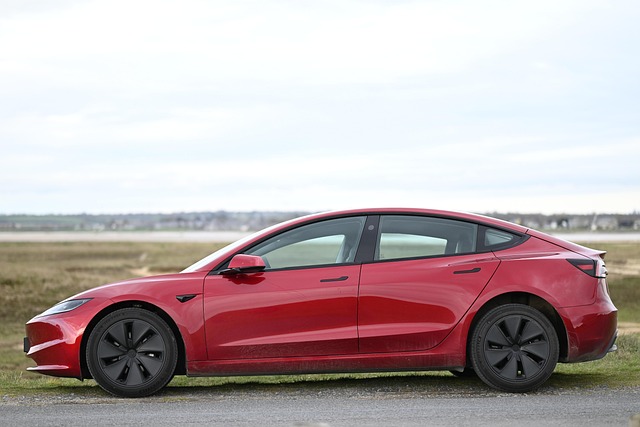Eco-Friendly Bicycle Transport: Boosting Rural Development Through Sustainable Commuting
In an age where urban sprawls dominate the news cycles, the narrative around bicycle transport options in rural areas often gets overlooked. However, the resurgence of interest in cycling not only represents a greener choice but also holds the power to transform rural economies, forge stronger communities, and promote sustainable living.
Transport Sustainability: A Necessity, Not a Trend
The clamor for sustainable transport methods has never been more urgent. As cities expand and environmental challenges escalate, the need to rethink how we commute is paramount. Bicycles stand out as a beacon of hope in this initiative; they emit no greenhouse gases, require minimal manufacturing resources, and promote healthier lifestyles. By advocating for bicycle transport options, we can lessen our reliance on fossil fuels and dramatically reduce our carbon footprint.
When implemented in rural settings, cycling is even more impactful. Many remote areas struggle with inadequate public transport systems, making them heavily reliant on cars, which can be cost-prohibitive and environmentally harmful. Bicycles can fill this gap efficiently, offering an affordable and sustainable commuting option. Imagine a future where locals hop on their bikes for quick trips to the market, school, or community events, thus reducing transportation costs and promoting a healthier lifestyle.
Rural Development: The Power of Cycling
Incorporating bicycle transport options into rural development strategies can produce a cascade of benefits. Firstly, it helps local economies flourish. Communities that embrace cycling attract tourism, as outdoor enthusiasts seek unique cycling experiences in picturesque landscapes. This influx of visitors can sustain local businesses, from cafes to bike rental shops, fostering economic growth.
Moreover, cycling can play a pivotal role in strengthening community ties. As individuals bike through shared paths, they connect with each other and their environment, paving the way for a more cohesive society. Community bike programs not only build relationships but also empower individuals to take control of their transport needs. When people feel invested in their modes of transport, it creates a strong sense of ownership and responsibility towards their community and its well-being.
Policies for Promoting Bicycle Infrastructure
The transition to a bicycle-friendly rural community requires strong policies that prioritize cycling infrastructure. Local governments can take the lead by creating dedicated bike lanes, improving road safety, and establishing bike-sharing programs. By fostering a culture that supports cycling, they can encourage residents to choose bikes over cars. Such initiatives create not only safer roads but also signal to the community that their well-being is being prioritized.
Investing in bike infrastructure also means fewer barriers for local farmers and merchants, who can transport goods more efficiently. Imagine a rural farmer using a bicycle trailer to deliver fresh produce directly to consumers or local shops. This not only ensures fresher products at the doorstep but also strengthens relationships between producers and consumers, promoting a local economy grounded in sustainability.
Encouraging Community Engagement and Awareness
While infrastructure is critical, awareness and community engagement are equally vital. Educational programs aimed at highlighting the benefits of cycling can motivate more individuals to consider it as a viable transport option. Workshops, community rides, and cycling events can inspire excitement and provide the required skills for safe commuting, transforming bike riding into a cherished community activity.
Ultimately, the integration of bicycle transport options in rural development not only champions transport sustainability but also breathes new life into communities. By investing in cycling, we are investing in our health, our economy, and our environment, creating a more sustainable and vibrant future for generations to come.




